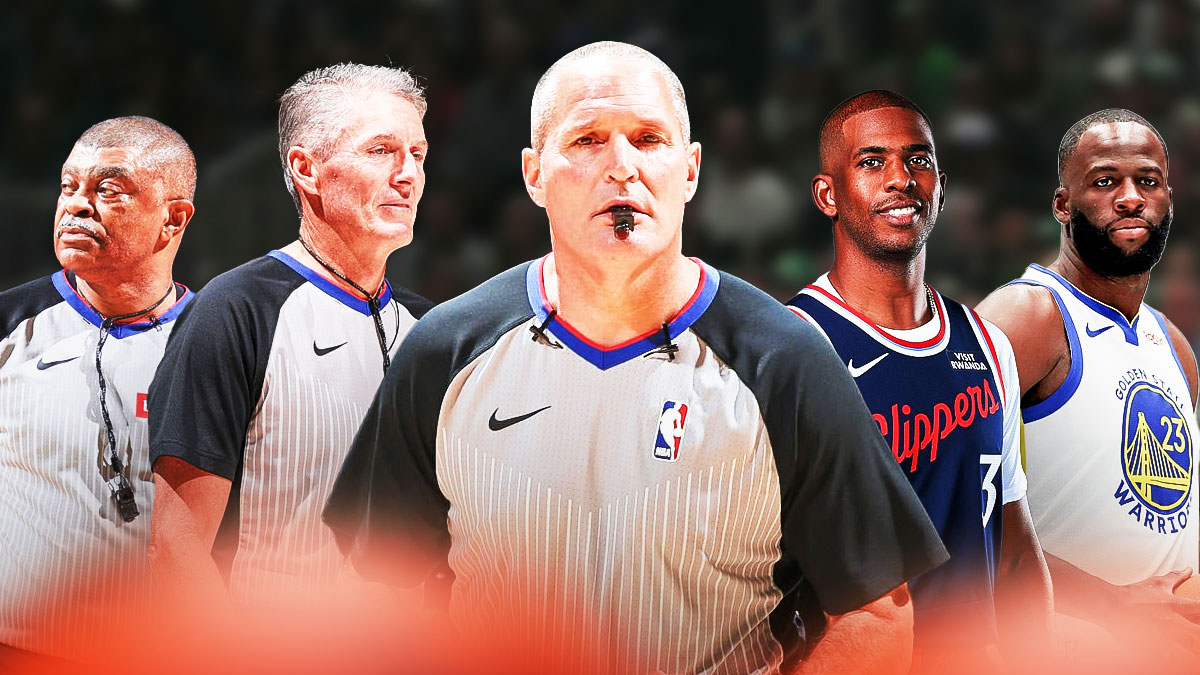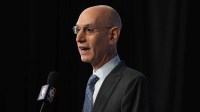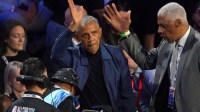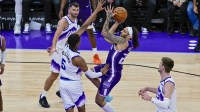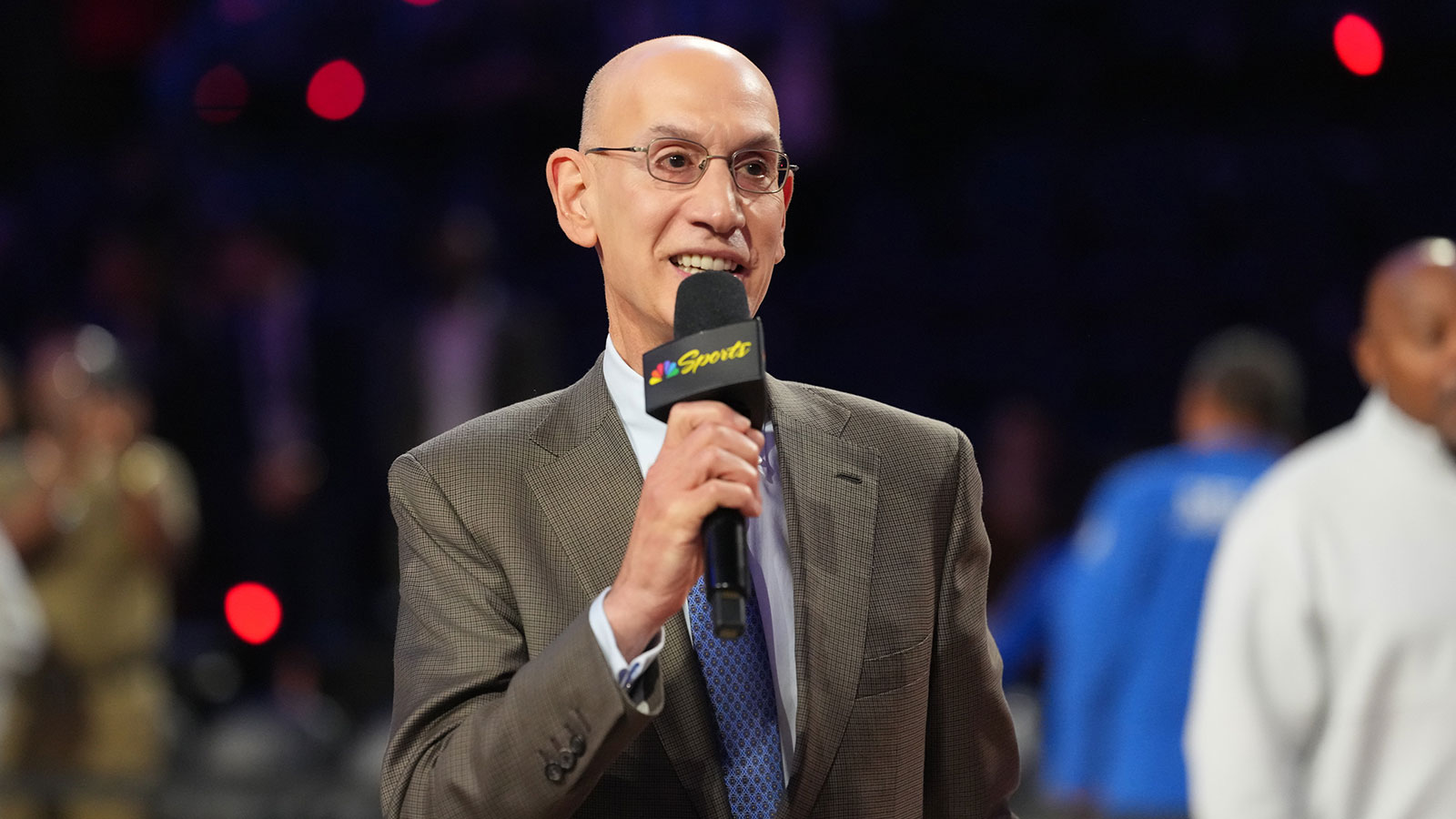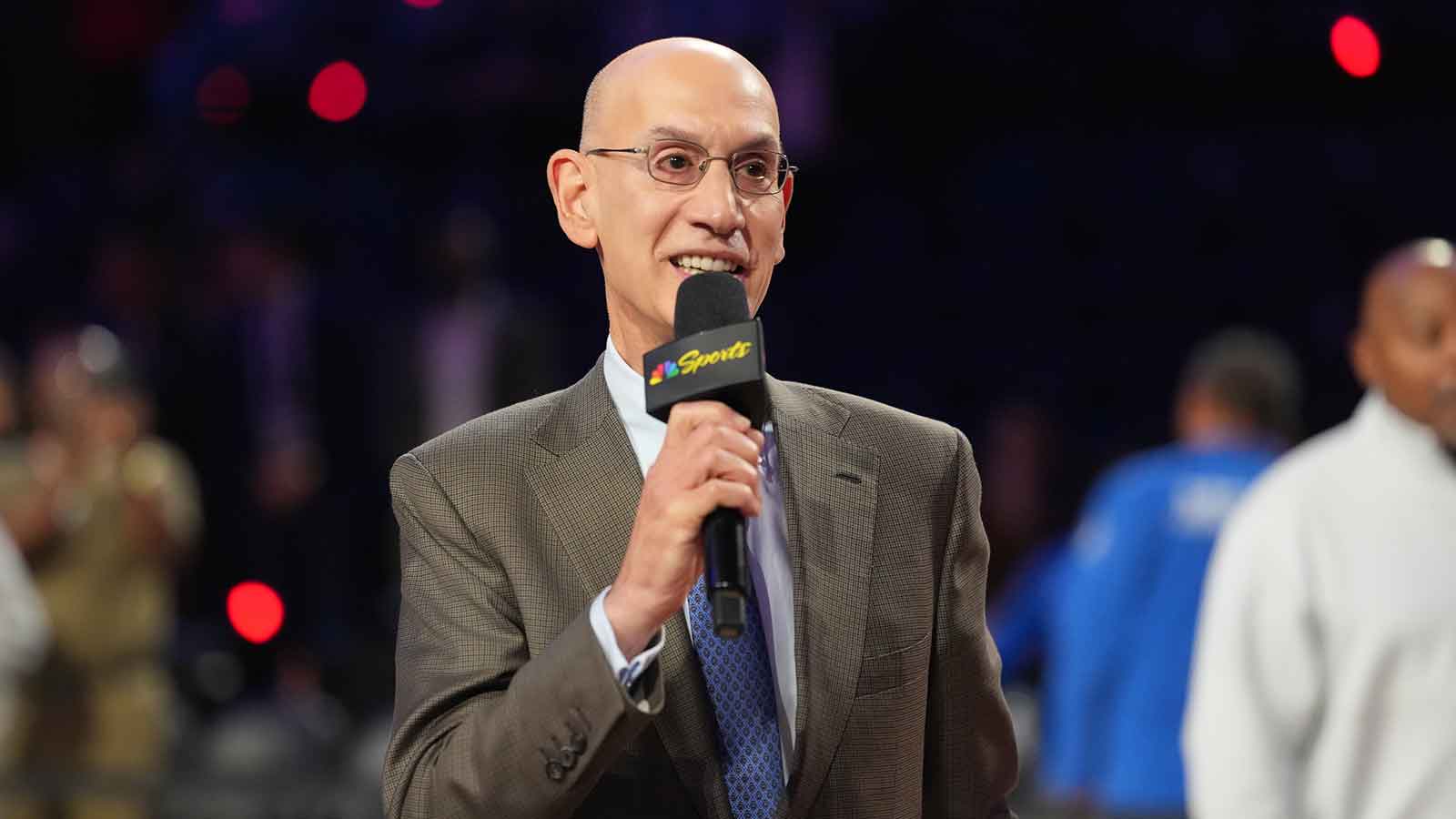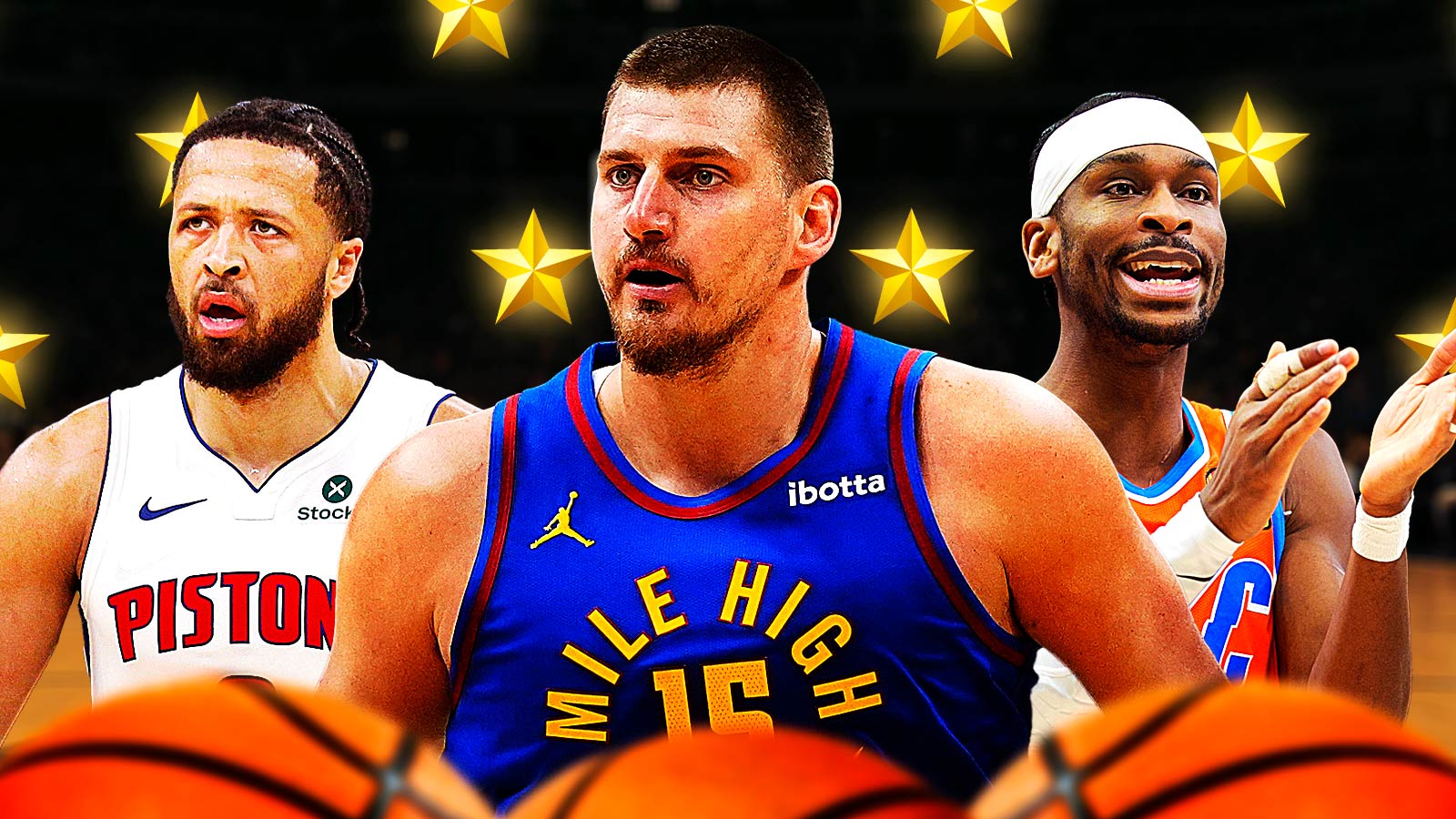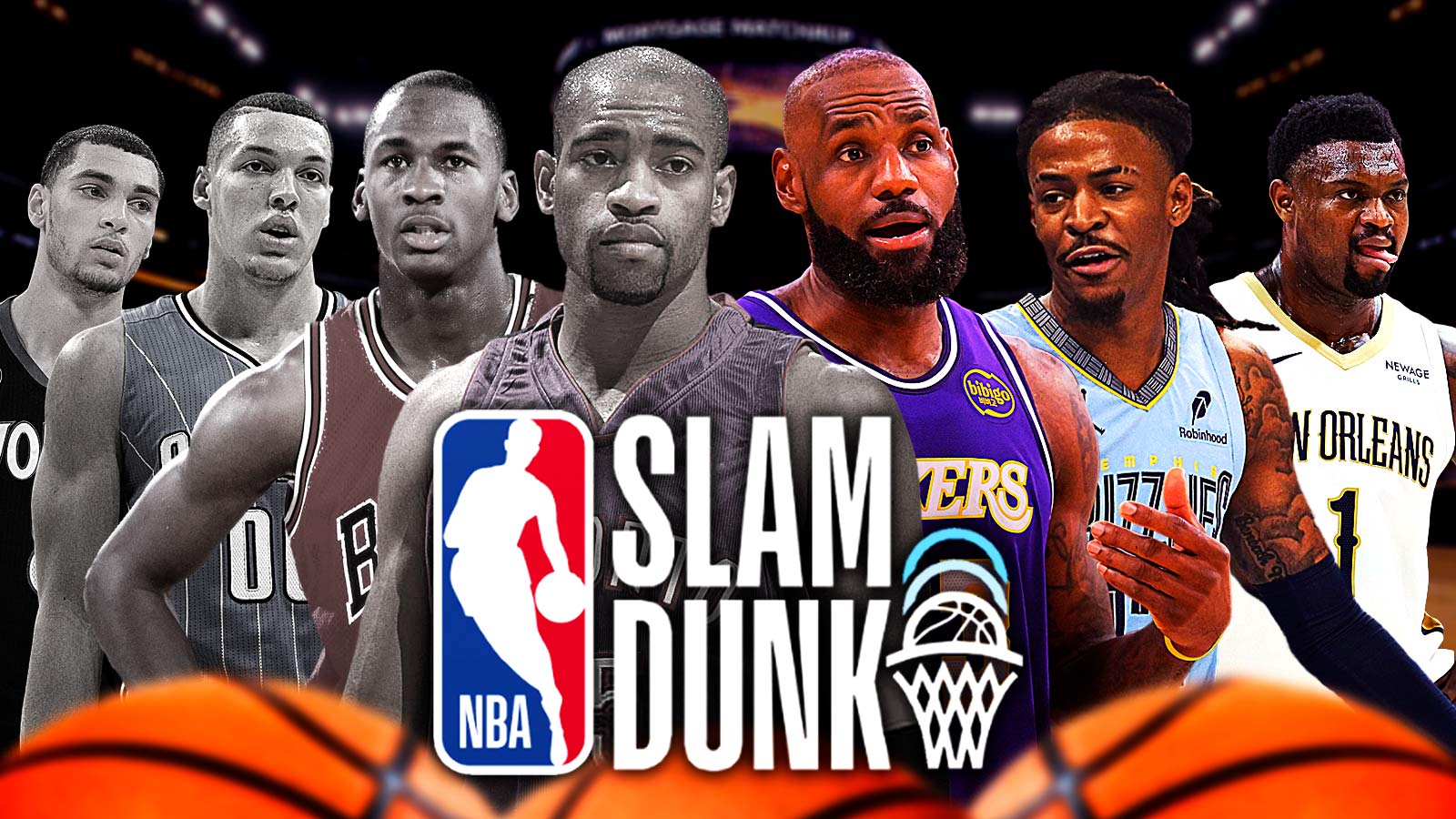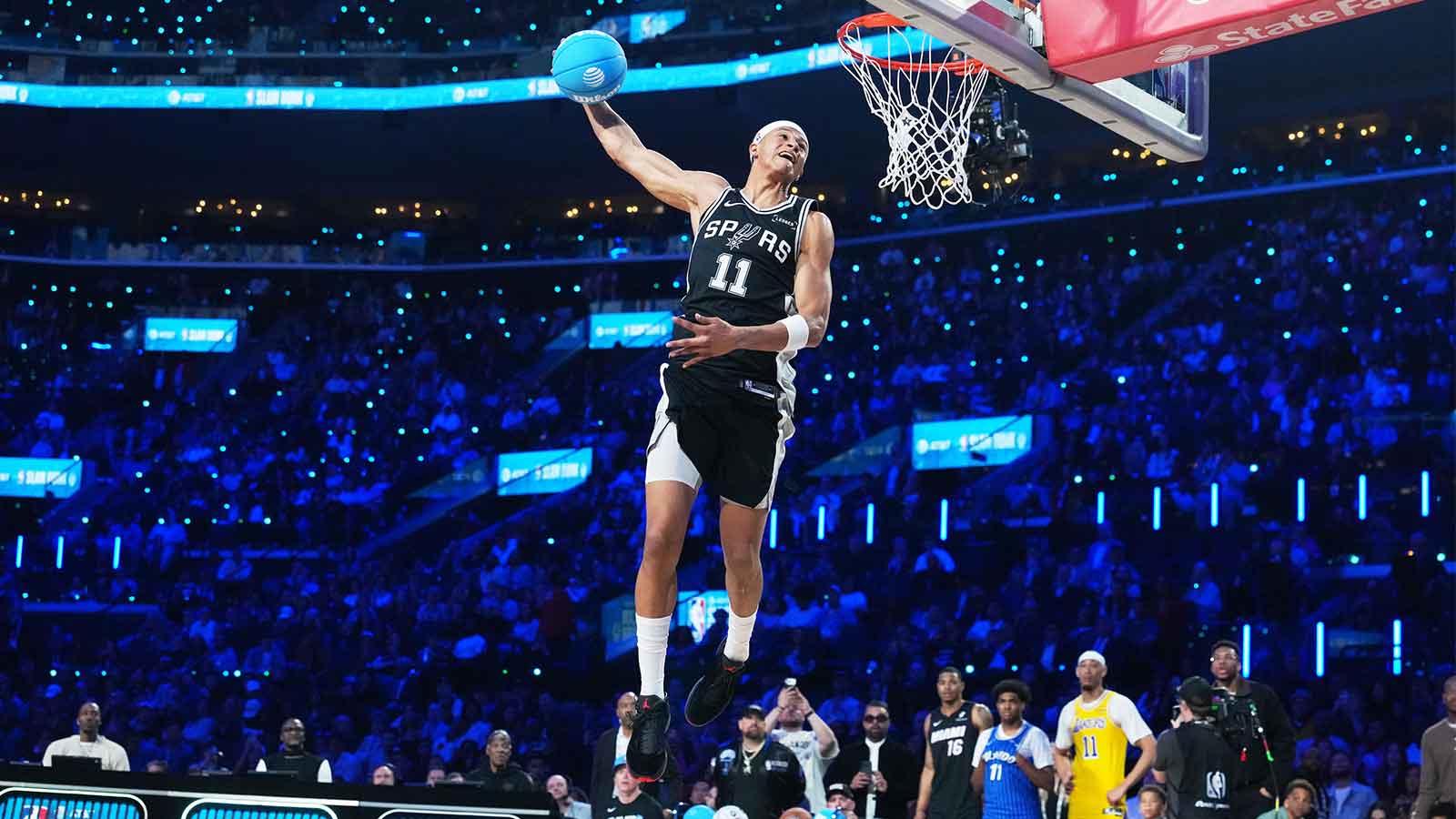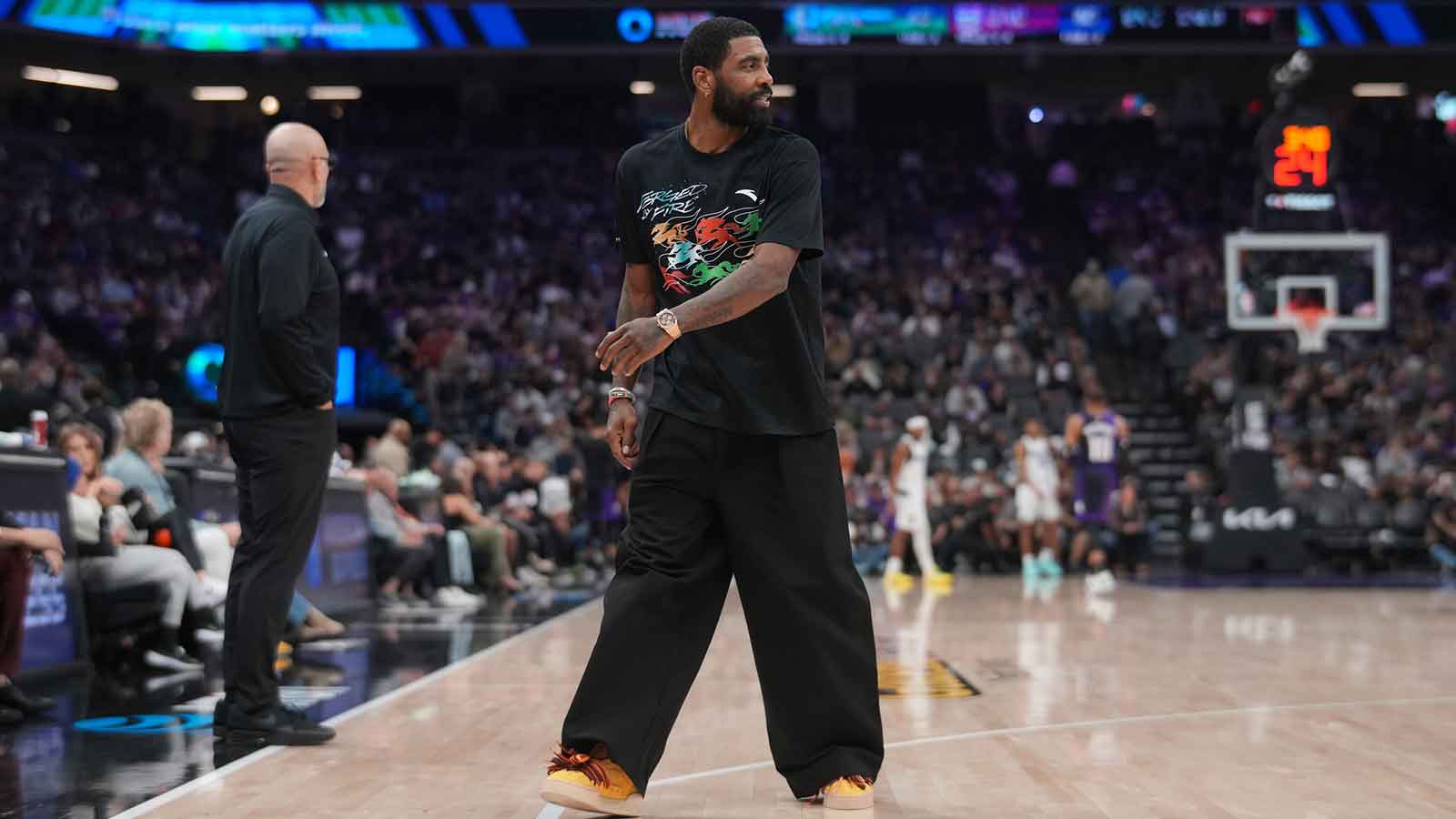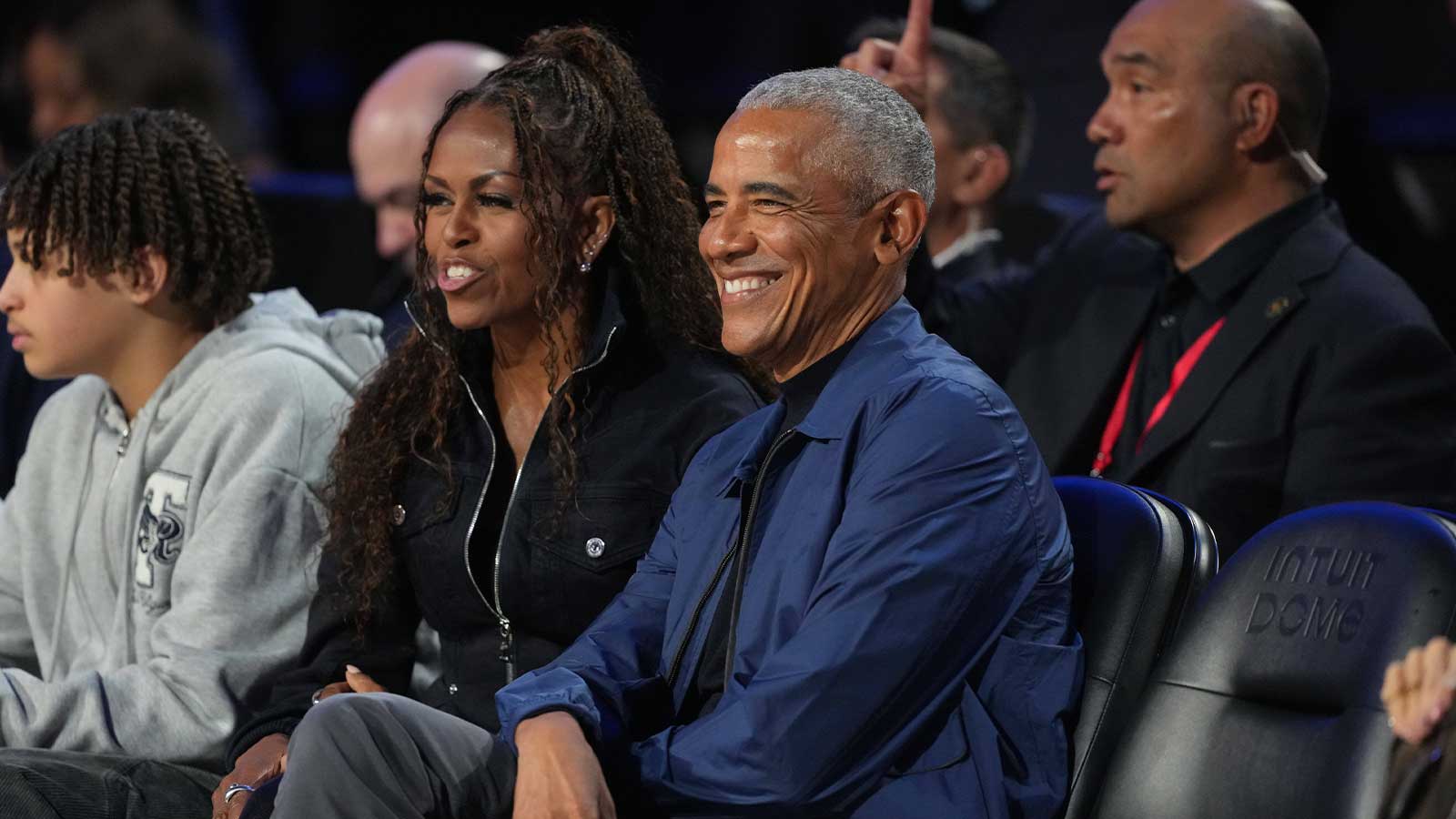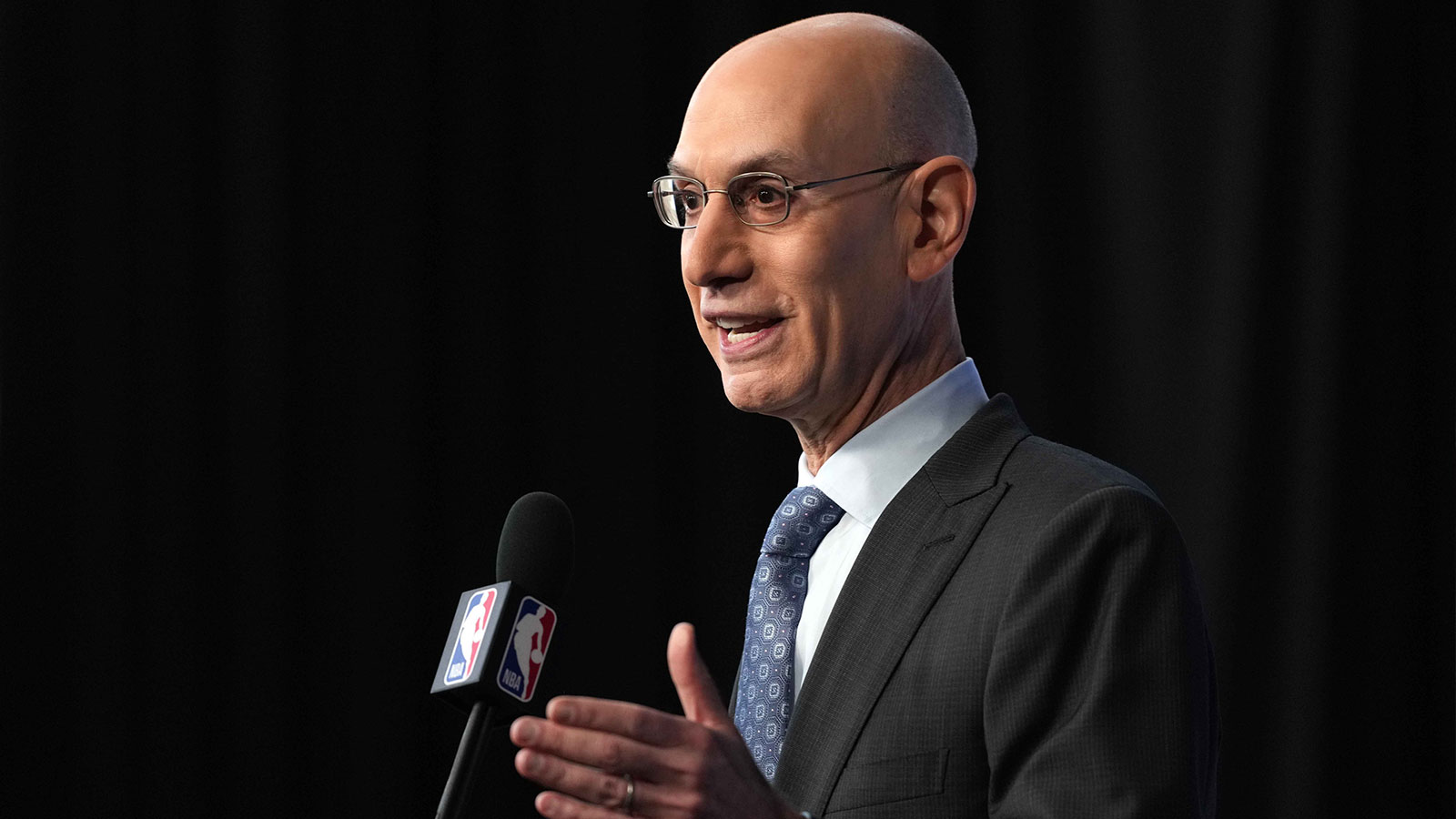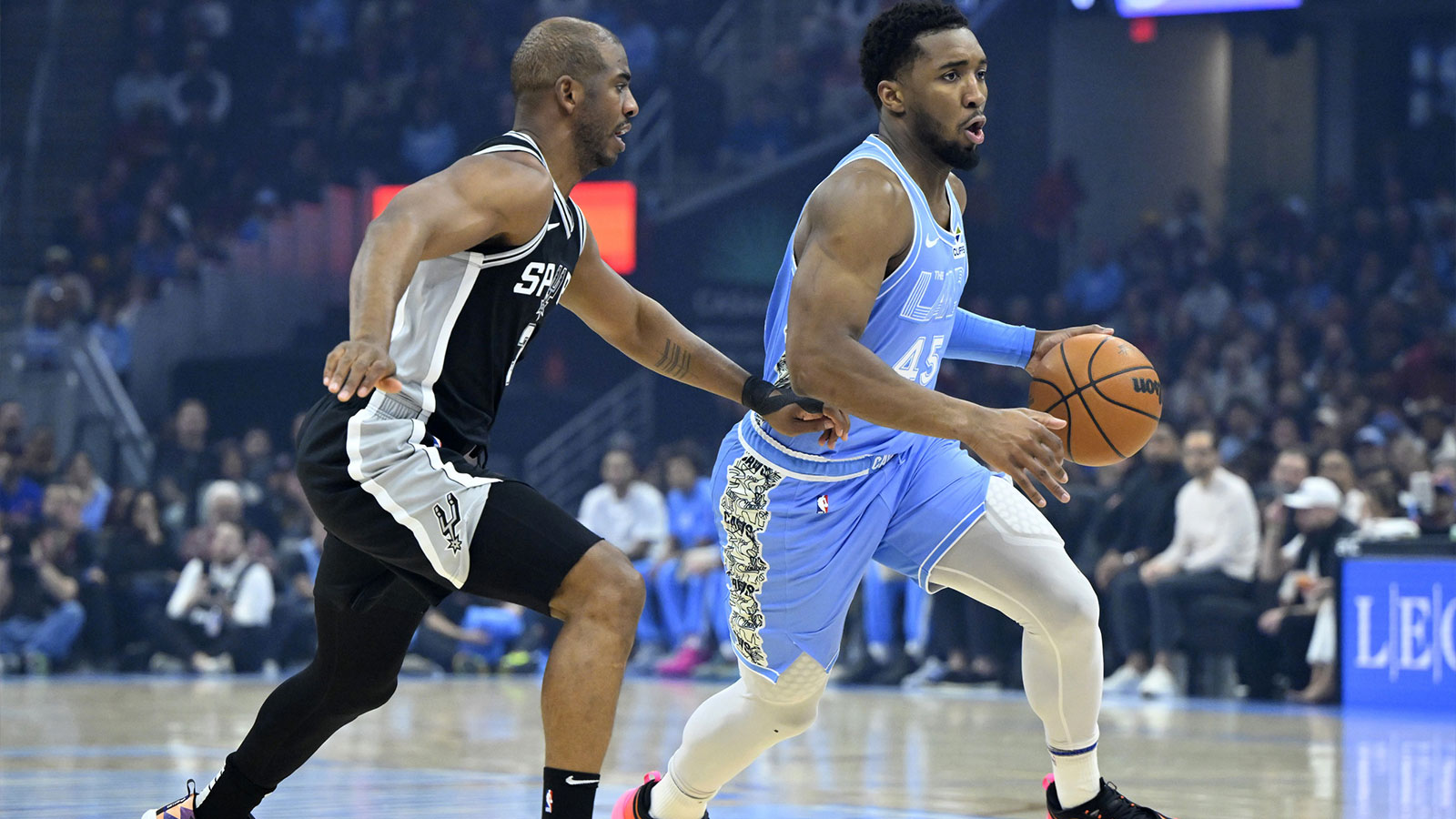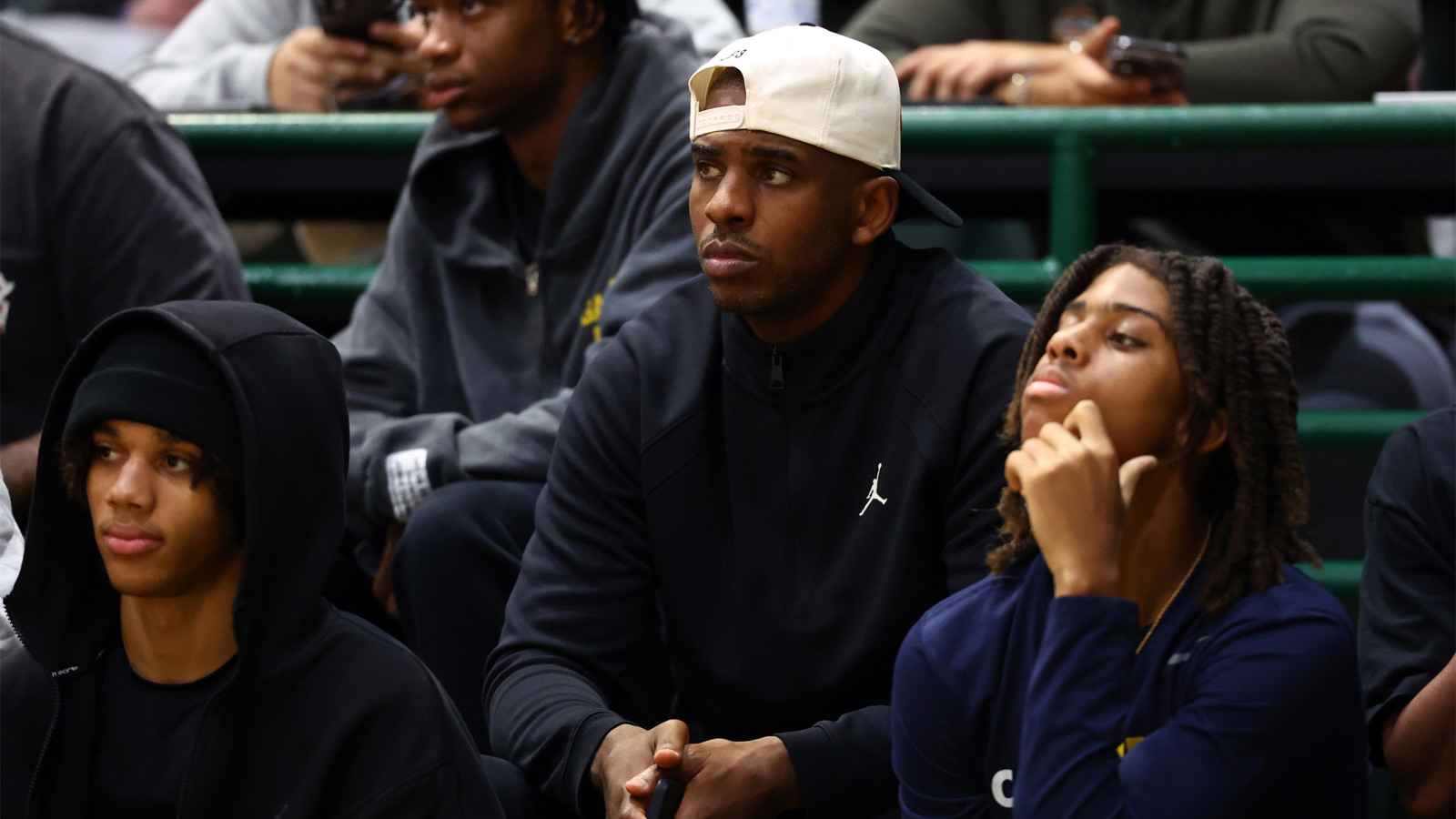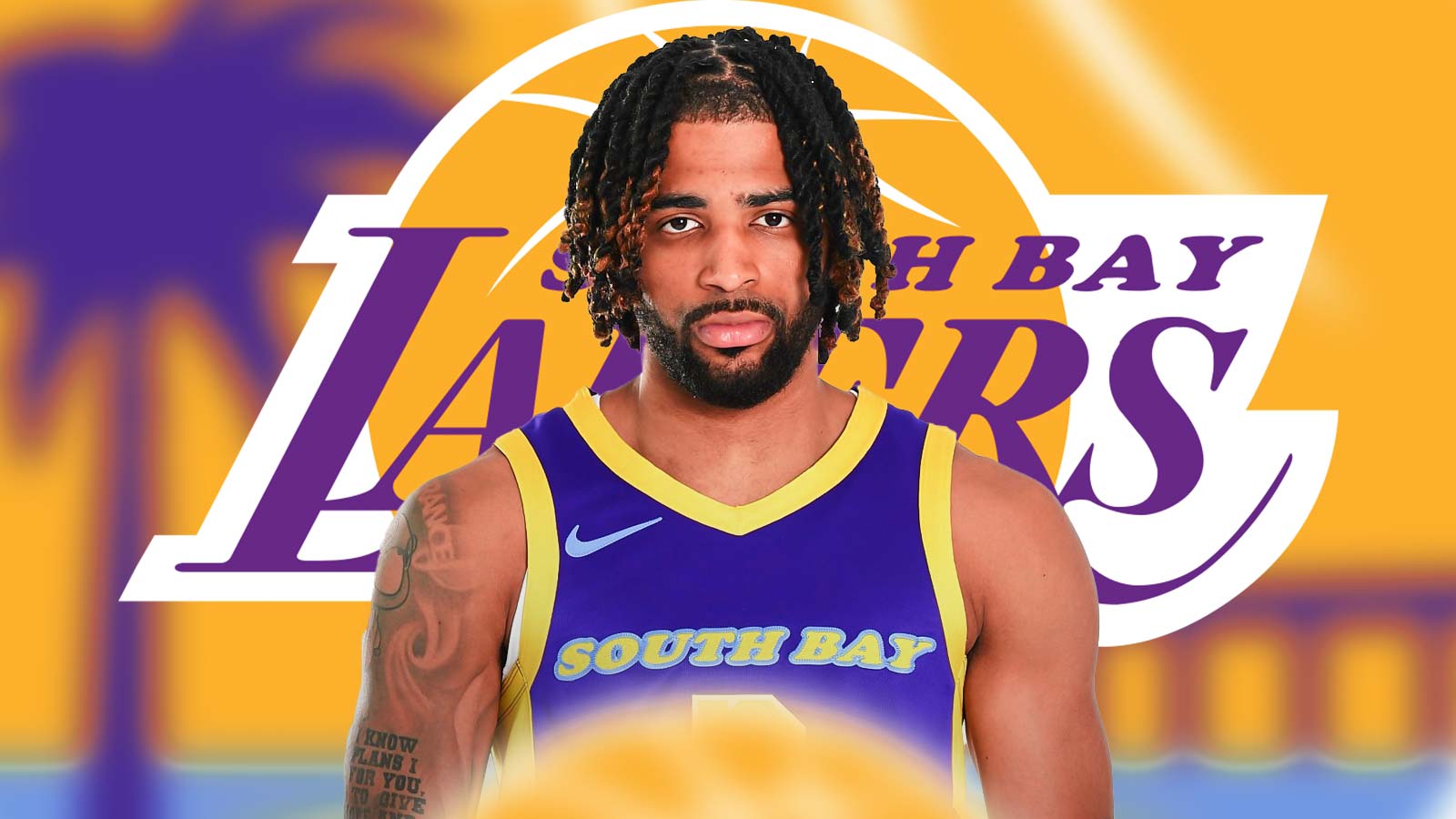Fans scrutinizing every whistle and non-call has always been just a fact of life in basketball. Unfortunately, the ridiculous rhetoric is only getting worse in the NBA's replay review era. Thankfully, the NBA and WNBA's approach to officiating development has undergone a significant transformation under the leadership of Vice President of Referee Development and Training Monty McCutchen. Through extensive National Basketball Referees Association (NBRA) education and a commitment to “radical candor delivered compassionately,” McCutchen is helping shape the next generation of referees while addressing the challenges of officiating at the highest level.
The NBRA's members are constantly under fire. However, behind each split-second decision on the court lies years of elite training, evaluation, and mental conditioning. Through extensive targeted training sessions, McCutchen's team has implemented a sophisticated system that blends honest assessment with compassionate delivery. It is all aimed at cultivating NBA, WNBA, and G-League officials who can maintain excellence in basketball's fastest moments.
“We've done several 100s of hours of various training sessions on how to manage people,” McCutchen began. “One of the things that we in the referee operations department have been committed to is this idea of radical candor delivered compassionately. That combination of abject 100% honesty about where someone's feelings are, delivered in a way that is not about you as a person but about the craft that you have taken on so that you can become better, is the combination we're seeking. You're not a bad person to have missed this play. I do have to tell you so that I can see whether you can apply it or not, because application is another separating factor amongst referees.”
Calling fouls in the NBA Finals used to be McCutchen's job. Now it is fostering an environment where referees are encouraged to learn from their mistakes without fear of personal judgment.
“We have radical candor about the correct answers,” McCutchen continued, “and what are areas of growth. There's nothing wrong with making mistakes, but it is a part that we have to evaluate. Who can apply the knowledge that they receive based on those mistakes? We think it comes from a really good combination of honoring and not demeaning people, while still giving them honest feedback so they can apply that knowledge and grow. I think that that's one of the ways we find out who is really capable of the work.”
As for those fans who still want to argue about a call? Well, first figure out where you stand on the Jalen Brunson no-call on the non-backcourt violation in the NBA Playoffs. Then, well, there may be hope as McCutchen is casting a wide net for new talent. For all serious aspiring referees, the path to the NBA begins with visibility and evaluation.
“If anyone wants to be considered, go to the NBA Official's website, fill out a profile, and upload your schedule and video of games worked,” advised McCutchen. “Our scouts make the best efforts to get out and see you. We have a scouting department that sees almost 4000 officials a year. The top 100 get placed (actually 96) in a grassroots program.”
That group gets whittled down to 48 and then 30 referees. Only a handful of those 30 will make it to the NBA's actual on-court pipeline program. The vetting process has multiple cuts and is ten times tougher than at Ivy League institutions. However, the approach emphasizes honest feedback without personal attacks, focusing on the craft of officiating rather than character judgments. McCutchen believes this balance is essential for helping referees improve while maintaining their confidence.
NBA, WNBA embracing imperfections
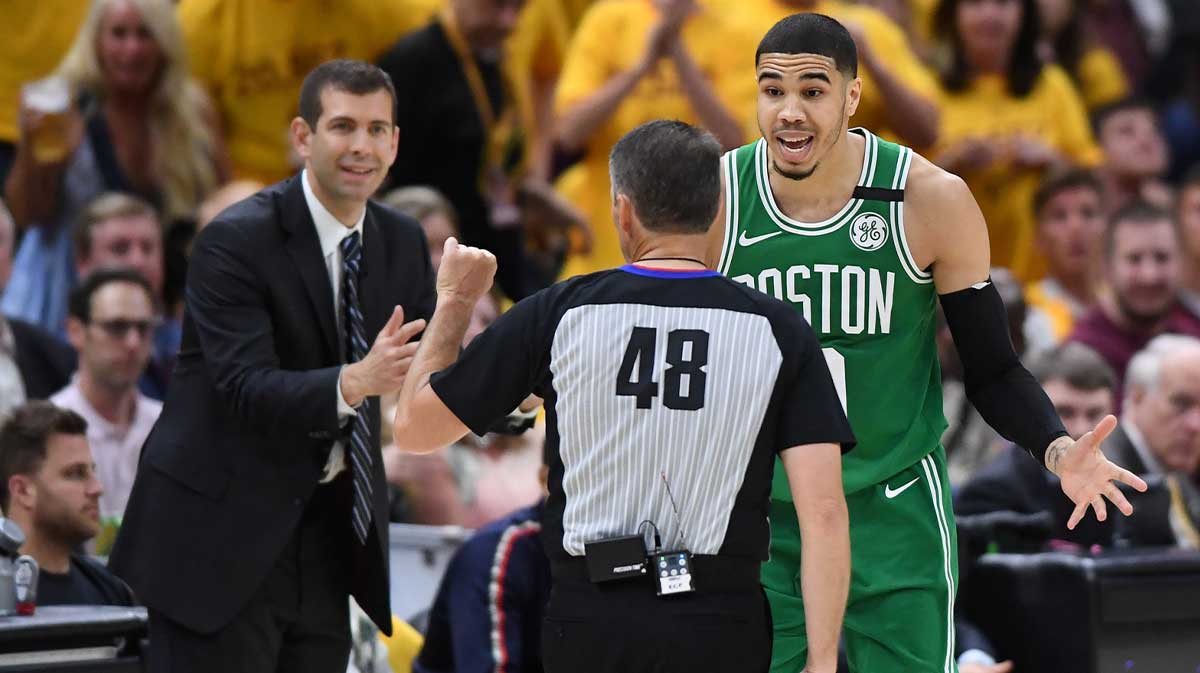
Making it through the NBA's scouting system is only the beginning. Once officials reach the league level, managing the mental demands of a game where mistakes are inevitable and instantly magnified. Monty McCutchen draws parallels to another sport where mental management is paramount.
“There is a great book about golf out there by Dr. Bob Rotella called Golf is Not a Game of Perfect, and I think refereeing is very similar to that in a way,” McCutchen told ClutchPoints. “You have to learn very early in refereeing, as you have found out, that refereeing is a game of you deal in your mistakes, meaning you think about your mistakes.”
The pressure to be perfect can become an official's worst enemy. McCutchen agreed on the importance of “mercy” and emphasized the ability to move forward after an error. This mindset requires referees to practice self-compassion and resilience. Those traits are far more important than perfect accuracy as a performance-indicating metric for young officials.
“It is hard to learn if we self-punish,” McCutchen contended, “because if we have these ideals of perfection in our head, and a lot of referees do, myself included quite frankly, it's hard to have, and I like that word you used: mercy. One interpretation of mercy that I have heard and liked is the ability to begin again from a fresh slate. I like that because there's a compassion to being able to allow yourself to begin again from a fresh slate.”
Dwelling on a missed call can lead to compounding errors. Officials must process their mistakes quickly and refocus. The players and coaches are not going to stop cussing after all.
“If you miss a call in the middle of the second quarter and you can't get to the next play with a clean slate based on training, of course, and you relive this mistake in your head while action is now continuing to go on in the present moment, you're going to really struggle as an official,” McCutchen explained. “The game, especially as you move up in in level of play, is too fast. If you're not thinking in the present moment, you're still reliving the mistake, and then new mistakes compound on top of each other.”
To counter this very natural human tendency, McCutchen’s team emphasizes strategies for recovery through constant training.
“We talk a lot about what to do after a mistake to get back into the right place,” insisted McCutchen. “What is a referee's primary area of responsibility, and what are the responsibilities within that primary priority? Then we'll get the next call right, and we'll start to build new levels of success, even after the one mistake. That is what puts us in those parameters of excellence instead of perfection. I think that that's an important piece to good refereeing.”
This focus on mistakes extends to film study and evaluation sessions, where officials spend far more time analyzing errors than successes.
“You grow from your mistakes. You watch tape to grow from those mistakes,” added McCutchen. “You don't sit around thinking about a great offensive foul call. That's not what refereeing is. Refereeing is much more about how I didn't get into position on this play, and it cost me the open look. You spend an inordinate amount of time talking about your imperfections more so than the things you do well.”
Managing NBA, WNBA stars
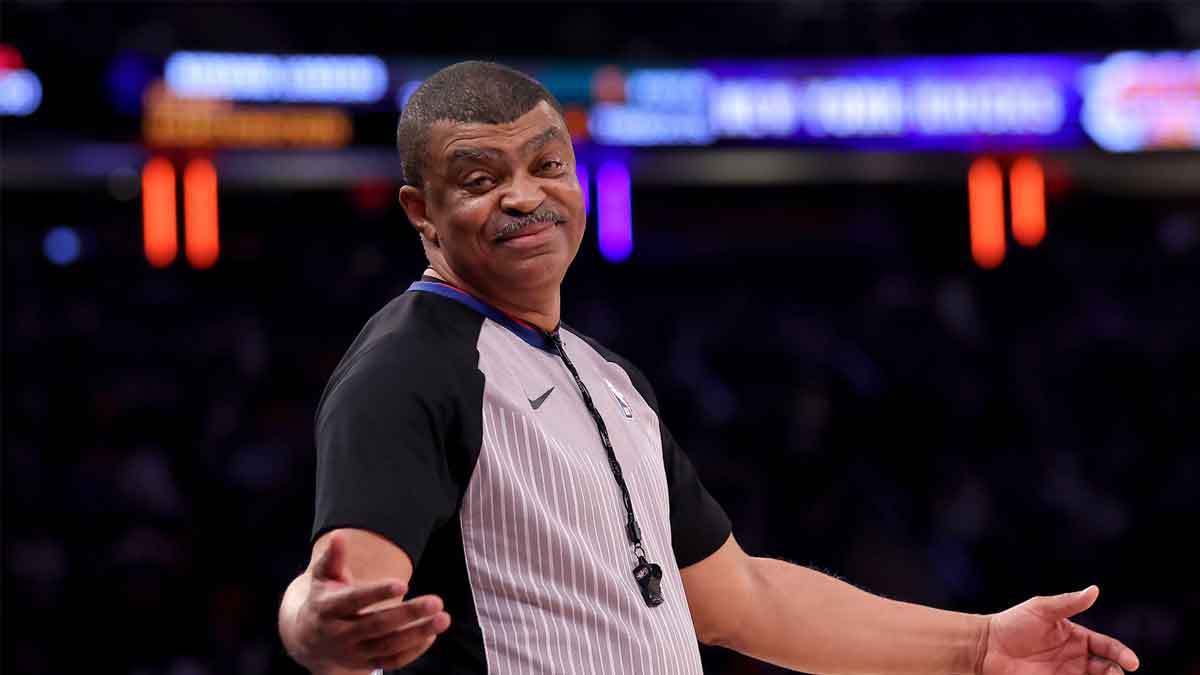
One of the most persistent criticisms of NBA officiating involves the perception that star players receive preferential treatment. McCutchen addressed this narrative directly, explaining how the league prepares officials to handle high-profile players and the scrutiny that comes with those matchups.
“Through those three to five years of training, we put (potential NBA and WNBA referees) in a lot of circumstances where they have to speak to us publicly about their rules knowledge, about how they would handle a certain play,” McCutchen noted. “I think that fundamentally, all refereeing boils down to this idea of fairness.”
McCutchen's philosophy on fairness distinguishes between equal treatment and equal outcomes. This is a crucial distinction when officiating players of vastly different skill levels.
“Fairness does not necessarily mean equitableness. That's where talent creates, quite frankly, inequitable situations, right? You run a pick-and-roll for what? To gain an advantage, to get the right matchup that you want,” McCutchen chuckled. “Within the rules, it's really important that when the players have a one-on-one matchup, they're being treated fairly. We really strive for that as referees. Of course, we make mistakes. When those mistakes fall within the parameters of what a prepackaged narrative already looks like, it's sometimes hard to overcome that. I do know that we hold the people accountable who don't measure up to moments.”
McCutchen challenged the notion that NBA and WNBA superstars receive preferential treatment. In fact, McCutchen asserts that high usage rates may actually work against the All-Stars.
“The one thing I would say about our better players, and in some cases, our best players, is that the processes and results are not referee-determined. That's their skill sets and their work ethics that have determined that outcome of a play,” McCutchen proclaimed. “Our best players have the ball in their hands a lot. If you ask our best players, and there's data to support this, they are probably disadvantaged more than advantaged by referees because we simply cannot see everything. Their ball usage is so high because of their skill set that I'm sure they do not feel as though they are treated special.”
Still, the league emphasizes consistent treatment regardless of reputation. Officials are held accountable when they fail to apply the same standards to all players.
“I do think it's important, though, to handle those narratives. We talk a lot about this idea that you really have to referee everyone the same. We try to hold the people accountable to that because if you don't, then you feed that narrative, and it is inappropriate to do so,” McCutchen allowed. “The person guarding our best players is playing under the same set of rules as the best player. They have every right to know that they will be treated in a fair way.”
“I think that part of overcoming emotions is being well-trained,” McCutchen continued, “and that's one of the reasons that we train people online before they ever make the G-League. We get to see them work and get to place them in positions around better basketball than they've been used to. The entire purpose is to see how well they handle new environments, new opportunities, better play, and making mistakes.”
McCutchen also highlighted the importance of training for management roles after the refereeing days are done.
“It was important to me that our successful referees who come into the management do not get to live off that success as a referee. What you have to do is learn how to manage people effectively, and that takes training.”
From the initial scouting of thousands of potential officials to the intensive mental training for those making split-second decisions, the NBA has built a development machine that treats officiating as both science and art. As McCutchen's approach continues to evolve, the league benefits from officials who are not only technically proficient but psychologically equipped to handle the immense pressures of professional basketball.
The proof of this system's effectiveness is visible in the NBA's successful implementation of recent points of emphasis, including the management of “non-basketball moves” and transition take fouls, which officials have adapted to while maintaining the game's flow and freedom of movement. As the game continues to evolve, so too will Monty McCutchen's systematic approach to developing the officials who ensure its fairness and integrity.

